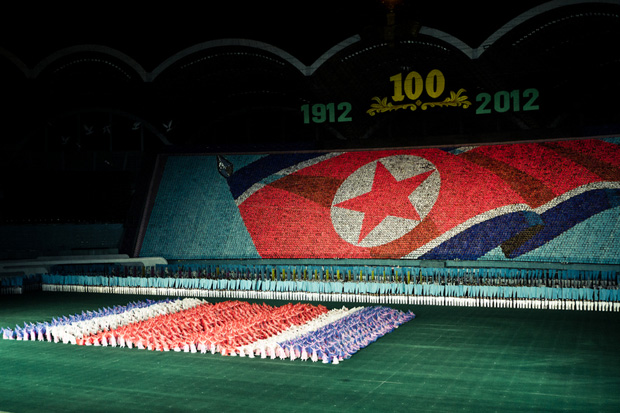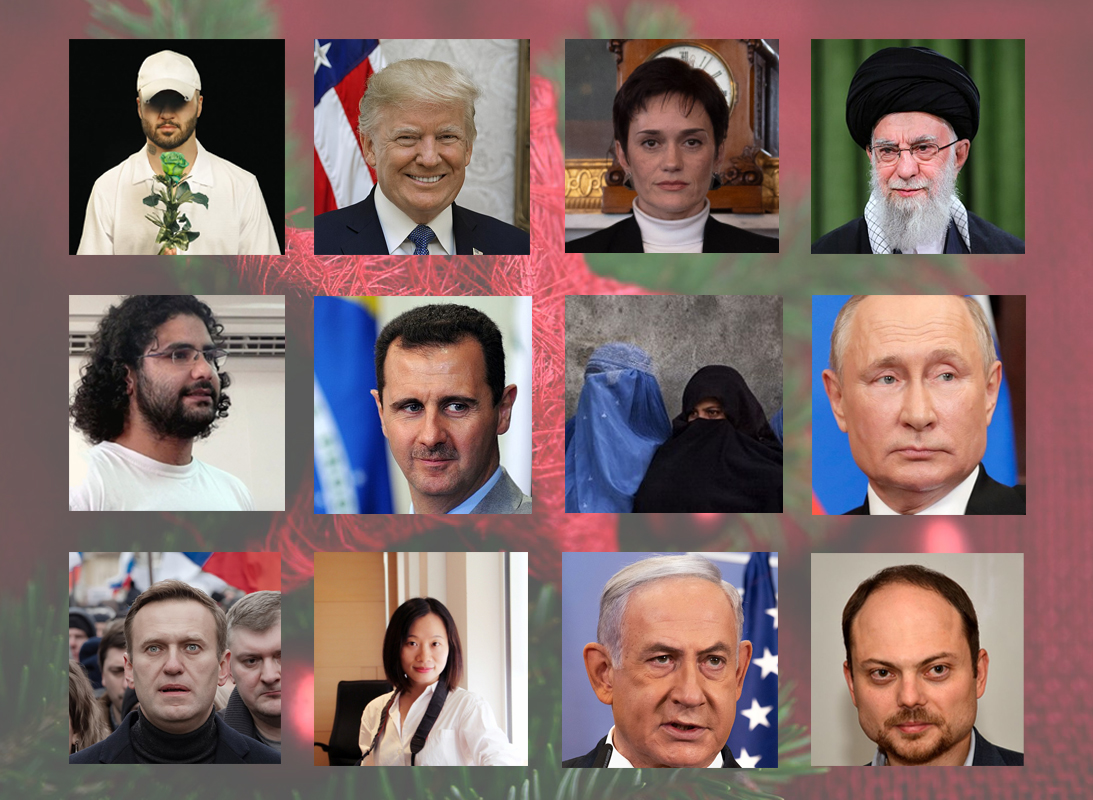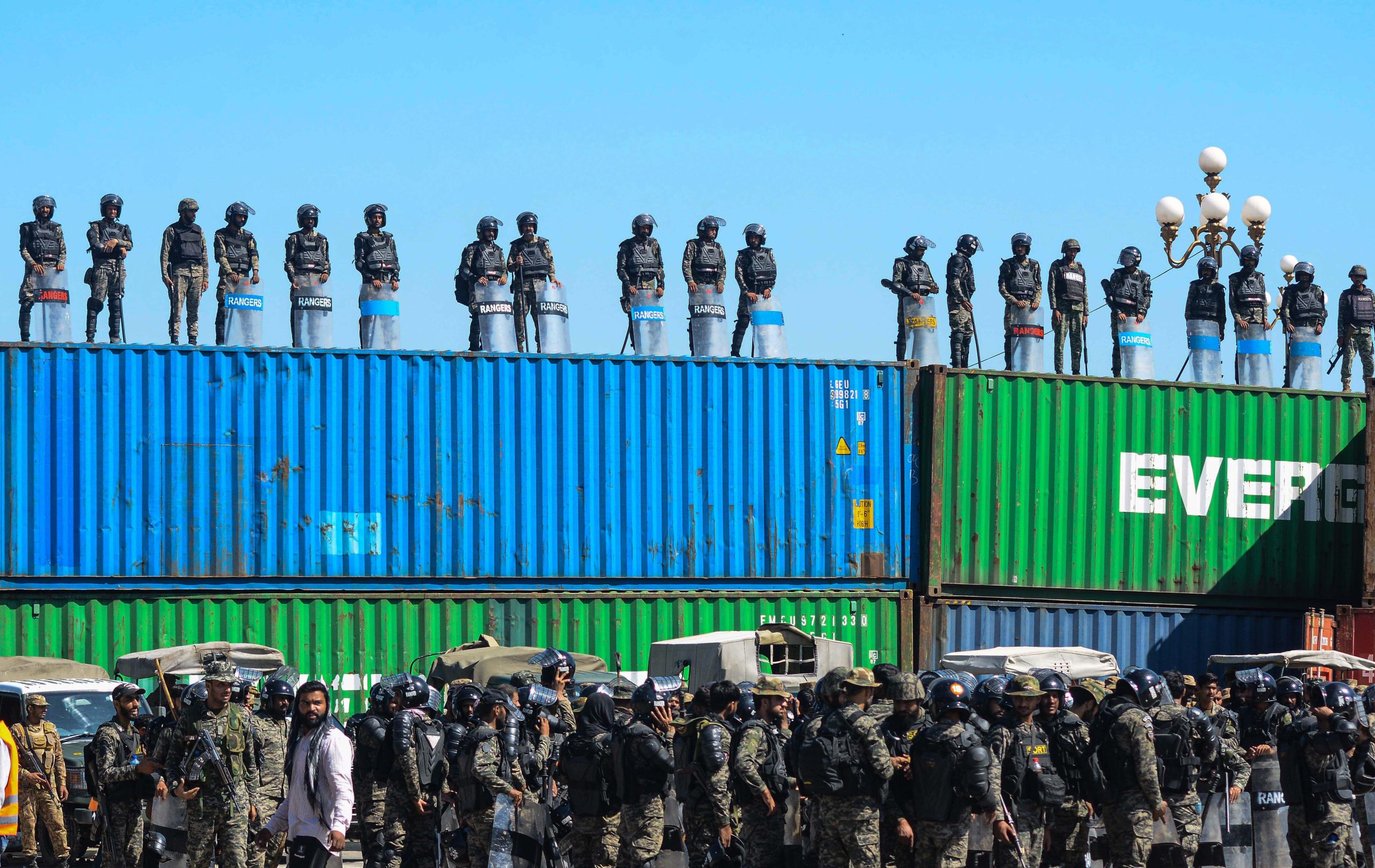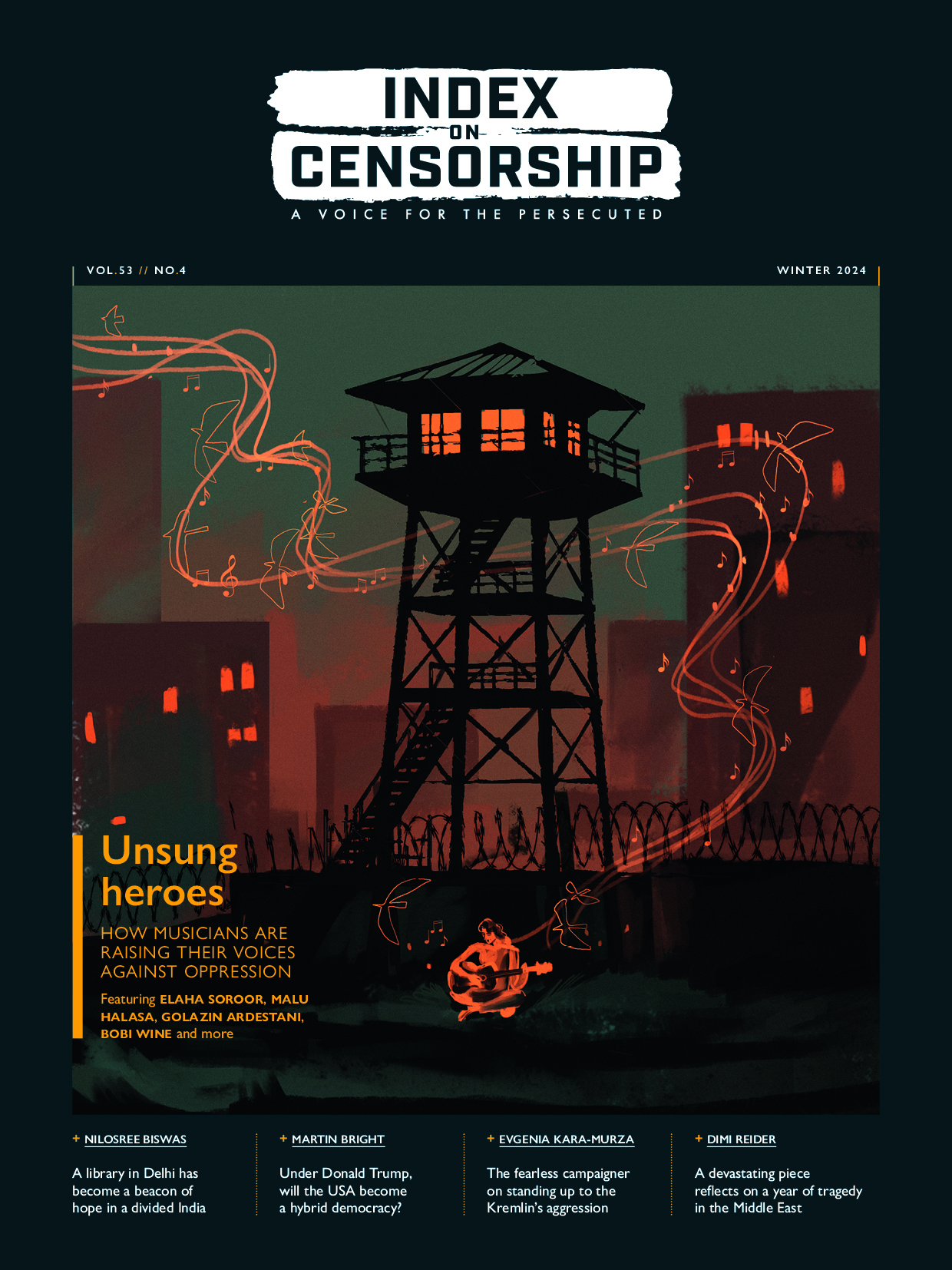Jang Jin-sung, formerly poet laureate for North Korea, is one of its highest-ranking defectors and most vocal critics. A meteoric career that saw him also become chief propagandist in the United Front Department, engaging in counter-intelligence and psychological warfare against South Korea, he was also one of Kim Jong Il’s inner circle — a dreamlike life of privilege shattered when he found the bodies of famine victims lying in the streets of his home town. Facing almost certain death for the crime of mislaying a prohibited text, he dramatically escaped to China in 2004 and defected to South Korea. Based on his insights from working in the elite, he argues that the official narrative of North Korea being run under the absolutist genius of the Kim dynasty and the Korean Workers Party, is a lie. Power was not harmoniously transferred upon Kim Il Sung’s death in 1994 to his son, Kim Jong Il — instead Kim Jong Il had long before usurped his father with the support of the clandestine Organisation and Guidance Department (OGD), while Kim Il Sung spent his last years under virtual house arrest, bamboozled by his own cult, created by his son. Kim Jong Il directed the OGD under his reign and he legitimised “every single policy and proposal, surveillance purge, execution, song and poem”, but upon his death in 2011, however, the bequest of leadership upon his son Kim Jong Un was solely symbolic; the OGD took charge. That year, Jang set up New Focus International to give insight and analysis to North Korea. This week he talked about the OGD as “the single most powerful entity in North Korea” to the All-Party Parliamentary Group on North Korea. His words were translated by NFI’s international editor, Shirley Lee, and the talk was chaired by Lord David Alton.
The OGD is “the entity that controls everything. This is where all roads end, all chains of command, and all power structures go,” Jang said. “The real power structure, nothing has changed since Kim Jong Il’s time. The OGD is still just as it is, the same men are in the same positions of power.” Yet the OGD is so secret and compartmentalised a structure, it’s only fully comprehended by the most senior leaders, and known to “less than a dozen” of the approximate 26,000 refugees out of North Korea. That lack of knowledge has meant that traditionally, outside observers omitted the OGD’s existence, basing their views on diplomatic notes, refugee testimonies and political theories which Pyongyang has successfully fed into with propaganda about the Kims’ omnipotence, to obscure its power structures. Hence, many observers interpreted the purge of Kim Jong Un’s uncle Jang Song Thaek as the new leader getting rid of his old guard to make his own power network, whereas it was really the OGD liquidating a rival. South Korea has also connived to keep a lid on knowledge of the OGD. When Hwang Jong Op, the international secretary of the Korean Workers’ Party and principal author of the state philosophy of Juche, defected and sought to tell of the OGD, the South’s then Sunshine Policy “was based on a policy of engagement that sought not to provoke the North Korean regime, [so] they actually silenced his testimony from appearing,” said Jang.
Whereupon while “every single person seen as the second, third, fourth most powerful man, has been purged or destroyed … every single powerful member of the OGD has remained”. They will stay in power as the OGD is in effect North Korea’s “human resources department, it appoints everyone”. The vetting of appointees is based on trust, and loyalty secured by cadres knowing any perception of disloyalty will imprison them, their parents and their children. “No-one is exempt from this… because no matter how big you are, if you do something wrong, you are sending your family to prison camp to rot away for the rest of their lives, never to be seen again.” As Lee put it, “you’re not going to kill your own family to change that”. Jang himself has tried many times to contact his parents in North Korea, but has never succeeded. “You can’t begin to think about what his parents may be suffering but that just makes him stronger,” said Lee.
The OGD appoints all generals and makes all military orders, with the military’s autonomy compromised like everything else by the OGD’s all-pervasive surveillance structure. Party committees of spies are installed across all sectors from diplomacy to tourism, down to each and every apartment block — “the OGD has eyes and ears everywhere”. It is backed by the OGD’s secret police and system of prison camps that the group developed into a weapon of mass terror while it usurped Kim Il Sung. He was prevented from seeing friends or family by his OGD-appointed bodyguards, a corps now numbering 100,000. He “died as a scarecrow, he was nothing,” said Lee.
As well as these physical means of control, the state seeks to monopolise all information flows and uses incredible psychological and emotional force to ensure its citizens’ loyalty. “In North Korea the only politically correct faith to have is in the cult of the Kims,” said Jang, while religious organisations like the Chosun Association or Buddhist association are run by the UFD, and Christians end up in prison camps. “The only narrative that matters is of the righteous sovereignty of the state.”
Yet for all the surface illusion of power, the nuclear weapons, the police and prison system, “it is a country that’s ruined inside, it’s a collapsed state. They do not control the price of an egg, and that is a huge deal”. Black markets have almost entirely supplanted the government monopoly of provision of goods, ranging from clothing to food, which collapsed in the mid-1990s as millions perished in the famine. This has created two classes, those loyal to the party because of their stake in the status quo; and the market class of people who were abandoned by the state and survive on the black market. Critically, this means that for promotions, status, power or material wealth, “the currency has converted from loyalty to money,” said Jang, “and that has broken the cult of North Korea for everyone”.
Economic “reforms” are really state efforts to try control the black markets, which have at times suffered violent crackdowns, for having become “a black hole that sucked in the control mechanisms of the state”. Equally, however, the regime cannot survive without them, as “the market feeds the people”. The country is also suffering from criminal activities actually sanctioned by the regime, namely counterfeit dollar bills, meth amphetamine production and computer hacking. “It’s not the world that’s suffering, the country is being destroyed by the regime’s own creations,” as government computers are hacked and fake bills and drugs run through society. Refugee statements say meth amphetamine abuse has become “just part of the ordinary life”.
Meanwhile the markets live off information. “The price of rice, the price of your life rises and falls in terms of knowing outside world information…ordinary people know it’s an advantage to listen to the outside world [information],” and Jang endorses the set up of a BBC Korea service to broadcast into North Korea. “The only way to break the dictatorship of force is by breaking that emotional monopoly over the people… There is no more effective tool that the world can do than to acknowledge that the North Korean people have the right to another narrative than that the party supplies.”
“More important is that no one in the North today believes it will last for ever,” but “the one thing that is stopping them from acting is there is no other way. Everyone is trying to do it the regime’s way”. This extends from efforts to deal with Pyongyang’s nuclear bomb program, which fail because international frameworks don’t apply to North Korea — “the only way the world can resolve the nuclear problem is seeing the regime transform. You can’t do it within their demands” — to the country’s appalling human rights record. “Those who think putting human rights on the agenda would jeopardise engagement and dialogue are wrong. North Korea is more desperate for dialogue at the state level than the West is. They [the North Korean state] need that to sustain what is happening right now.” Putting human rights atop all agendas would mean “there is nowhere left for the North Korean leadership to stand”.
“Stop looking at the regime as the agent of positive transformation,” said Jang, and engage with those with no stake in the status quo. Meanwhile, China, as the North’s sole supporter, is key to its survival and to brook any change. “China supports North Korea because it’s more convenient to support it than not,” said Jang, adding that Kim Jong Il hated China more than anybody “because he was at their mercy”, while Beijing’s anger at Jang Song Thaek’s execution was because it was “like the nightmare of Kim Jong Il would continue”. On Wednesday China warned North Korea against carrying out another nuclear test. And while China has yet to host Kim Jong Un, it has already welcomed South Korea’s President Park with open arms. Repeatedly reaffirming North Korea’s human rights record, damningly detailed by the United Nations’ Commission of Inquiry Into Human Rights in the DPRK in March, to the Chinese government may pressure them into giving up the forceful repatriation of North Korea refugees, which leads to prison or death, according to Lord Alton. “The scariest thing for China is to start to get moral blame for what’s going on in North Korea. So it will want to be seen to be doing the right thing.” On that, Jang said any retribution befalling the regime for human rights abuses, “the OGD will blame will Kim Jong Un alone”.
Again it’s an issue of perception. “In North Korea, I thought change could not come because the regime was so powerful. When I came to South Korea I learned that North Korea was not transformed because the South Koreans didn’t know it could.” Indeed, “the only thing holding North Korea back from transforming is that the world isn’t ready for it.”
The talk was organised with help from the European Alliance for Human Rights in North Korea. Jang’s book Dear Leader (UK Random House, US, Simon & Schuster) is out now.
This article was posted on May 13, 2014 at indexoncensorship.org






